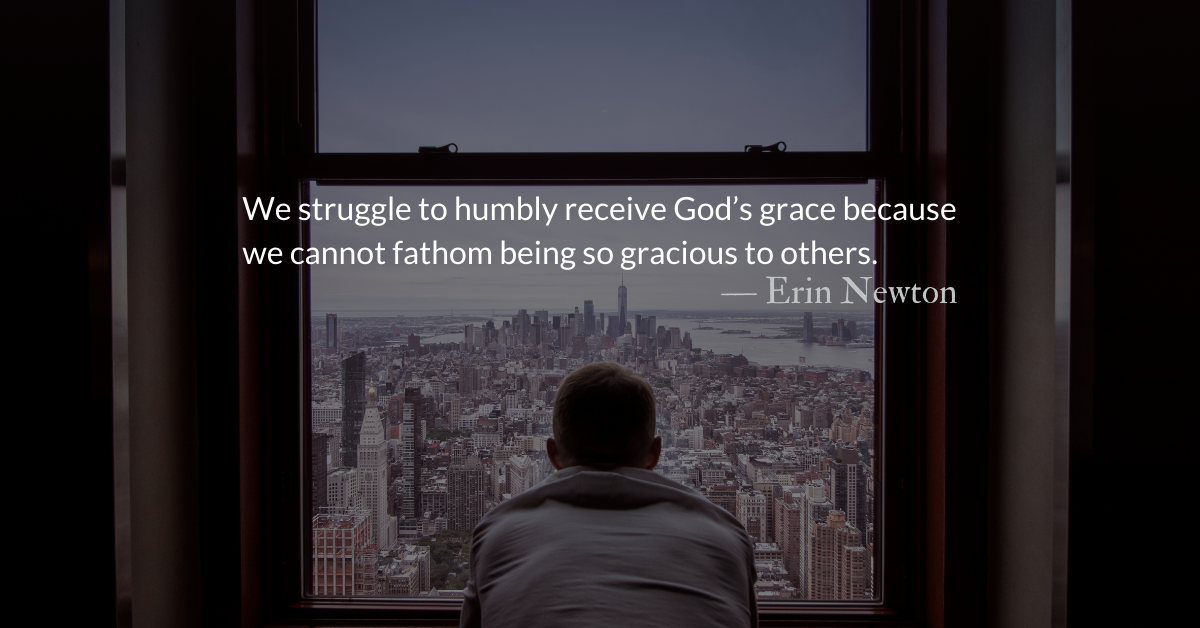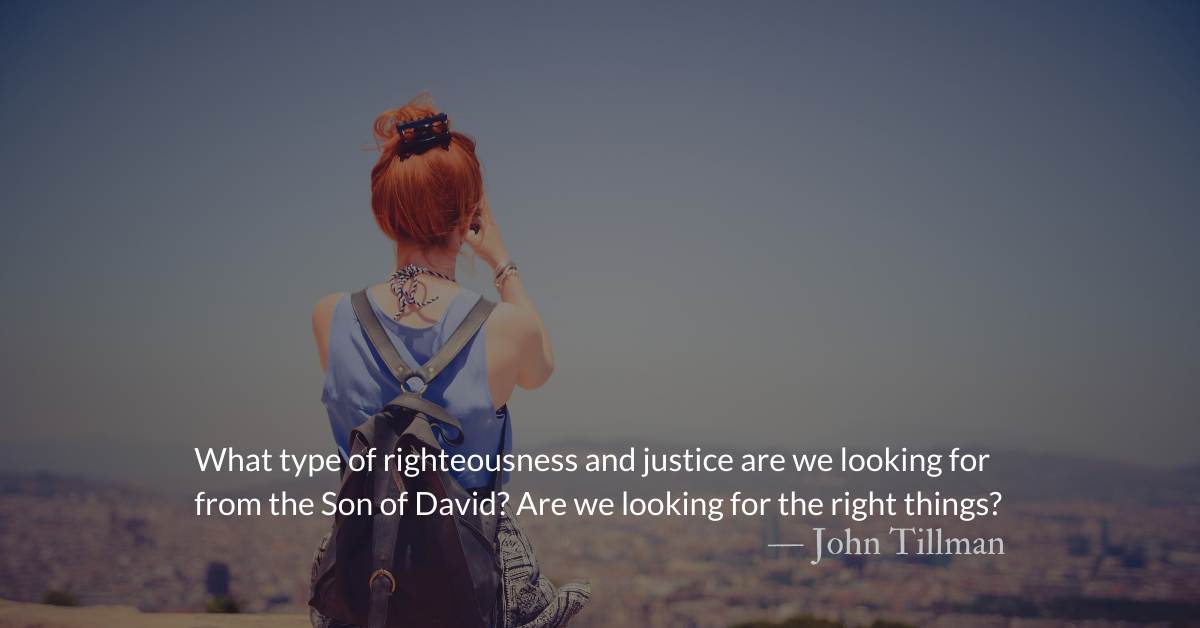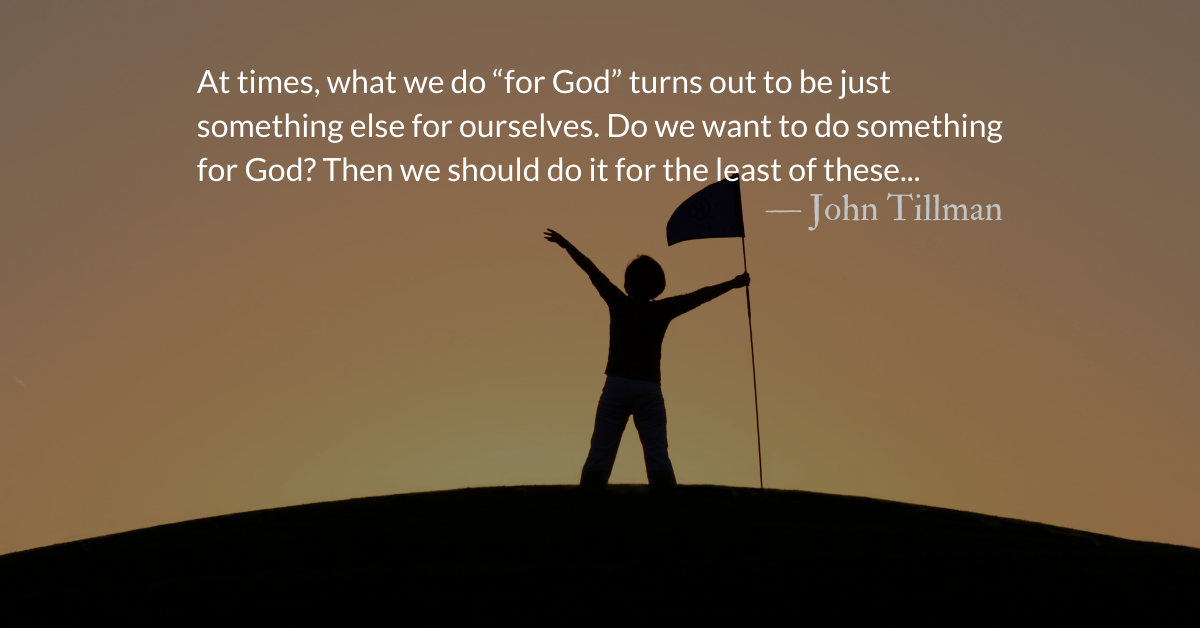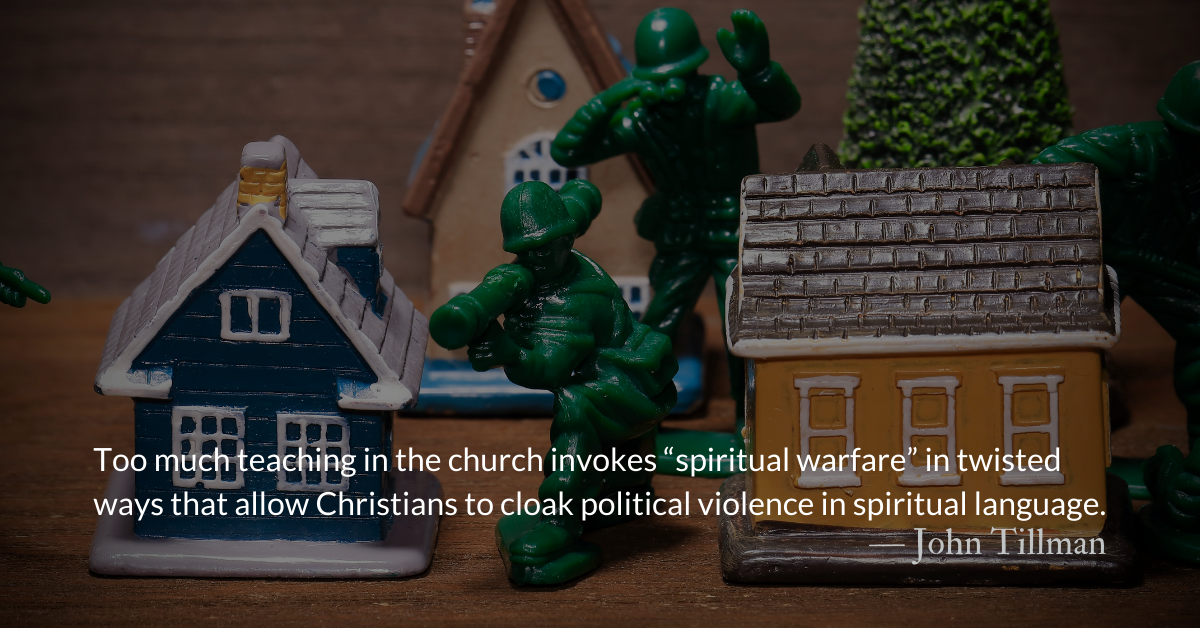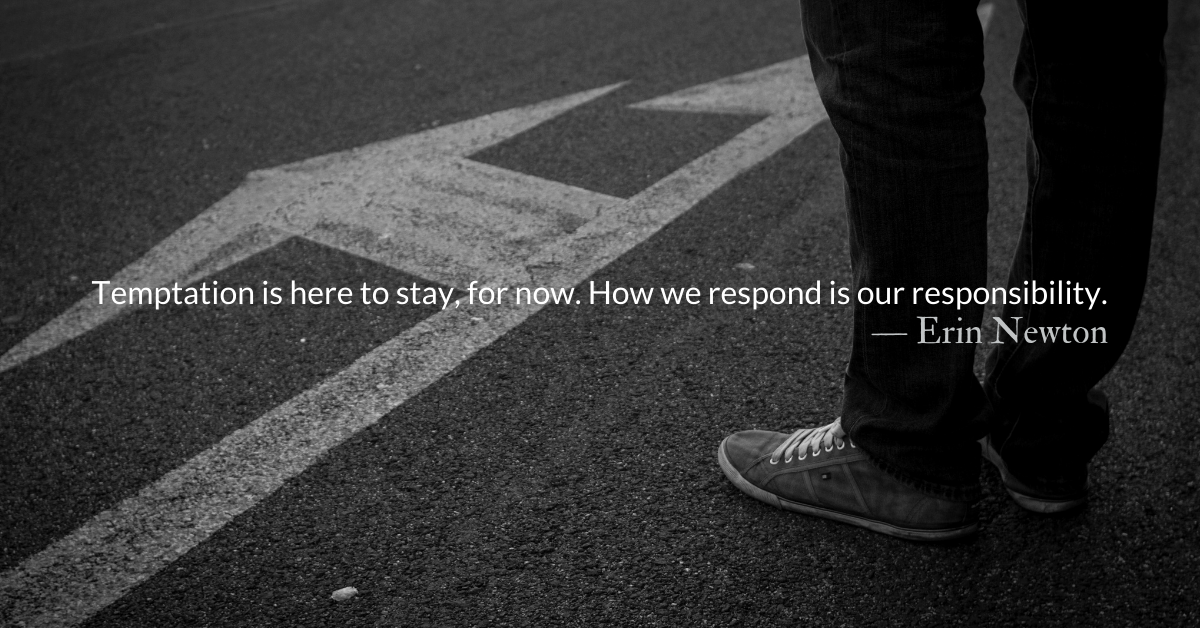Scripture Focus: 1 Chronicles 19.3
“…the Ammonite commanders said to Hanun, “Do you think David is honoring your father by sending envoys to you to express sympathy? Haven’t his envoys come to you only to explore and spy out the country and overthrow it?”
Reflection: When Skepticism meets Kindness
By Erin Newton
Last week, I looked through the neighborhood Facebook page. Big mistake. Each post was an attack of one neighbor against another rooted mostly in suspicions. It makes you wonder, “Can we trust anyone to be good anymore?”
The account of David sending an envoy of peace and sympathy to the Ammonites as depicted in 1 Chronicles 19 is retold in the same manner as 2 Samuel 10. In both accounts, Hanun the Ammonite king scoffed at the gesture of sympathy and returned kindness with humiliation. David’s motives were scrutinized. Hanun repaid hate to the men who had come in the name of peace.
Sometimes we look at kindness and assume there is a scheme of self-promotion or self-preservation behind it all. We treat the servants of mercy as spies. We’ve created a world in which we are trained to “read the fine print” and always be on the lookout for some catch. We see something and immediately suspect nefarious activity behind it all.
Being on the receiving end of kindness can be awkward and uncomfortable. Honestly, there is little reason to be suspicious, but we are sorely out of practice. Five years ago, I had premature twins with severe medical conditions and had to quickly learn how to be served without the nagging feeling that I would have to repay that kindness. We learn all about serving others but being served is a lost art.
More than anything, we doubt the sincerity of God’s gift of mercy. The Man who came in peace was treated like a criminal, humiliated and mocked. Jesus came in peace but was received with skepticism. The seed of sin taunts his free gift, “Did he really say that?” Just as the first sin entered the world, we struggle against doubting the motive of mercy.
Out of the heart, the mouth speaks (Luke 6:45). We struggle to humbly receive God’s grace because we cannot fathom being so gracious to others. We return kindness with ingratitude because we assume we have been placed in someone’s debt. We try to do something in return because our pride wants to even the score.
We are entering into a season marked by giving. The King’s envoy of peace has come. Let us sit under the weight of God’s mercy, utterly helpless to repay anything, and be at peace.
Give thanks to the Lord, for he is good; his love endures forever. (Psalm 107)
Divine Hours Prayer: The Refrain for the Morning Lessons
I will bear witness that the Lord is righteous; I will praise the Name of the Lord Most High. — Psalm 7.18
– From The Divine Hours: Prayers for Autumn and Wintertime by Phyllis Tickle.
Today’s Readings
1 Chronicles 19-20 (Listen – 5:02)
1 Peter 1 (Listen – 3:53)
Thanksgiving Day Readings
1 Chronicles 21 (Listen – 5:03)
1 Peter 2 (Listen – 3:48)
Read more about Praying Priestly Blessings
As followers of God today, a part of our identity is as carriers of the blessings of God that are intended for the world.
Read more about Not So Random Acts of Kindness
Loving our former enemies should not be conditional. We must do whatever we can to love our neighbors.


